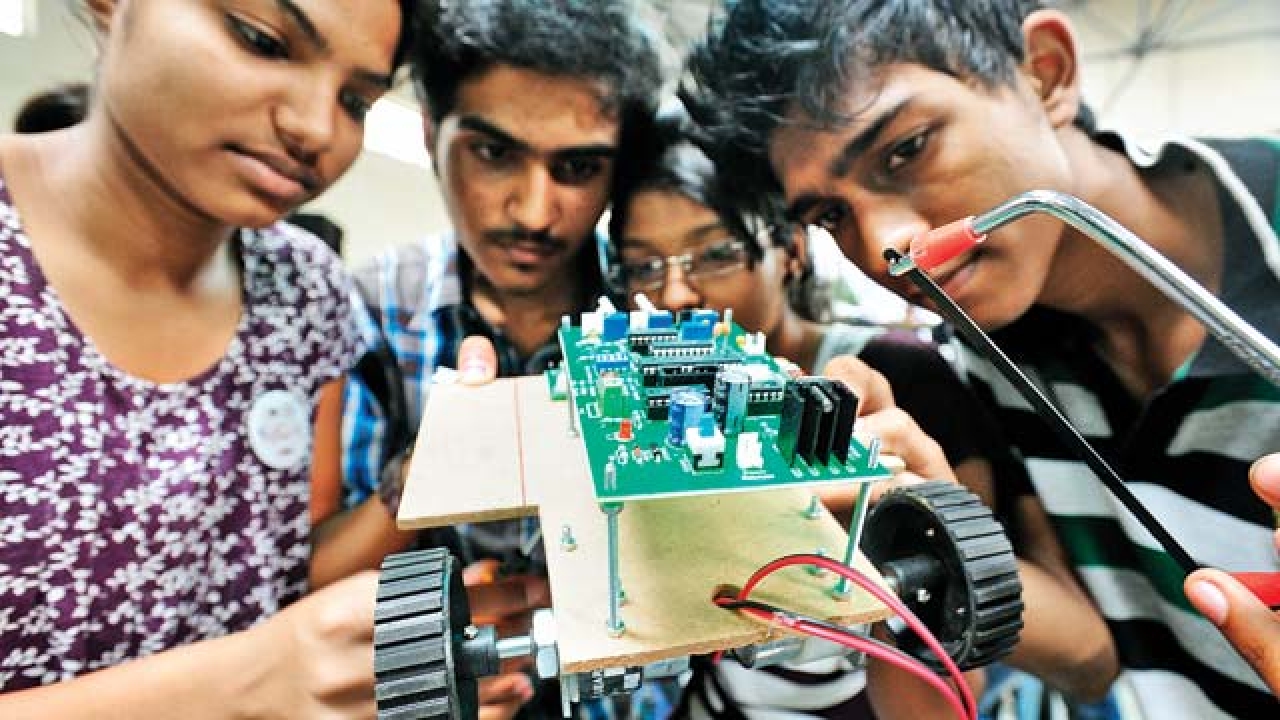Among the comprehensive reforms recommended by the All India Council for Technical Education (AICTE), lie “Open book examination”, mandatory internships for students and induction and training programmes for lecturers. However, the universities and management have been advised to carefully choose the courses or curriculum areas best suited for open book examinations.
AICTE believes that the traditional written examinations have a significant weakness in that they tend to promote rote learning and superficial application of knowledge. The policy claims that the Open book examination will be less stressful for students as it will less demanding on memory.
“If we have to say 12 indicators for our engineering graduates, half of them do not belong to technical traits. Our traditional system is unable to access students based on these soft skills including teamwork, communication skills etc. The policy also advises the academicians to set the question paper in a way that requires students to do things with information available to them, rather than merely locate the correct information from the book”, said Ashok Shettar, chairperson AICTE committee on examination reform.
Open book examinations are designed in a way that allows students to refer to their
class notes, textbooks, and other approved material while answering questions. They are useful in testing the skills in application, analysis and evaluation.
However, the policy does not mean that every exam should be open book. It’s one method which can be used wherever necessary and possible. The entire exam reforms manual talks about different methods of evaluation of students and not merely routine rote learning exams. Some exams can also have questions based on memory, but this should be limited. The unconventional types of evaluation systems include understanding the concept, analyzing a situation, synthesizing a problem and in turn a solution, application of knowledge, creativity, group activity, team work, seminars quizzes etc.
In Karnataka, the engineering colleges have appreciated AICTE’s recommendations. The colleges had been demanding it for long.
“…It’s upto each university to adapt it depending on the nature of each course”, said Anil Sahasrabuddhe, chairman, AICTE. M K Panduranga Setty , governing body member, RV College of Engineering, said, “Open book examination is a good move, as
it will make the students walk to the library and read as much as possible from all approved sources. They will also pay attention to classroom lectures and it will bring in discipline too. Let us see how our students will respond to this American pattern of examination.”
“Open book examination or open resource examination is a good assessment tool to improve innovation and promote outcome based education, which is requirement in today’s engineering education,” Nageswara Guptha, vice principal, Sri Venketeswara College of Engineering, Bengaluru, said.

